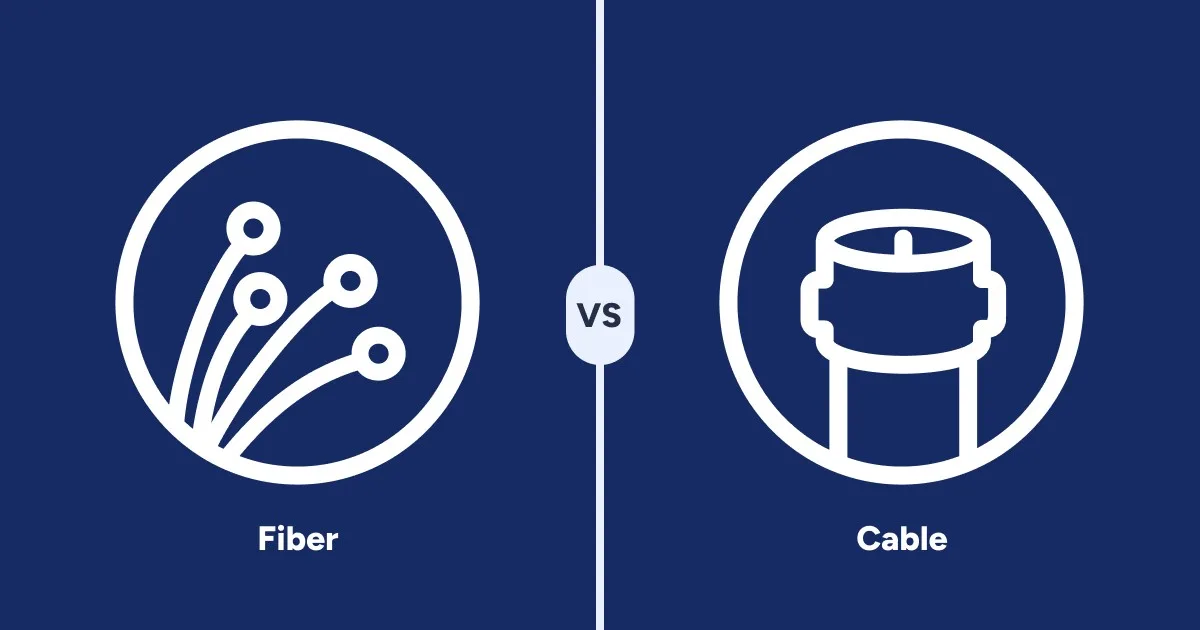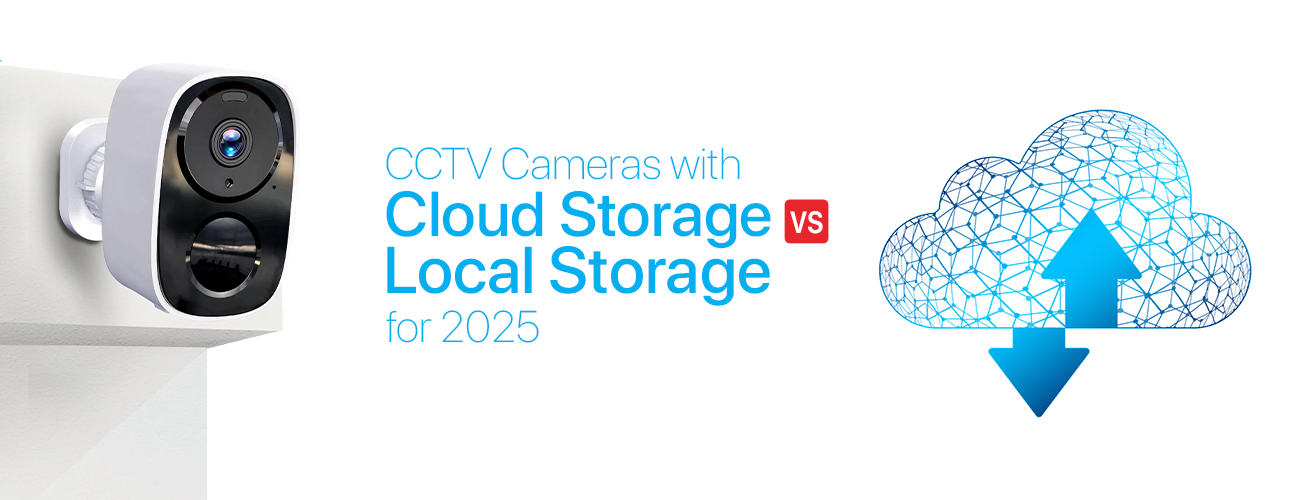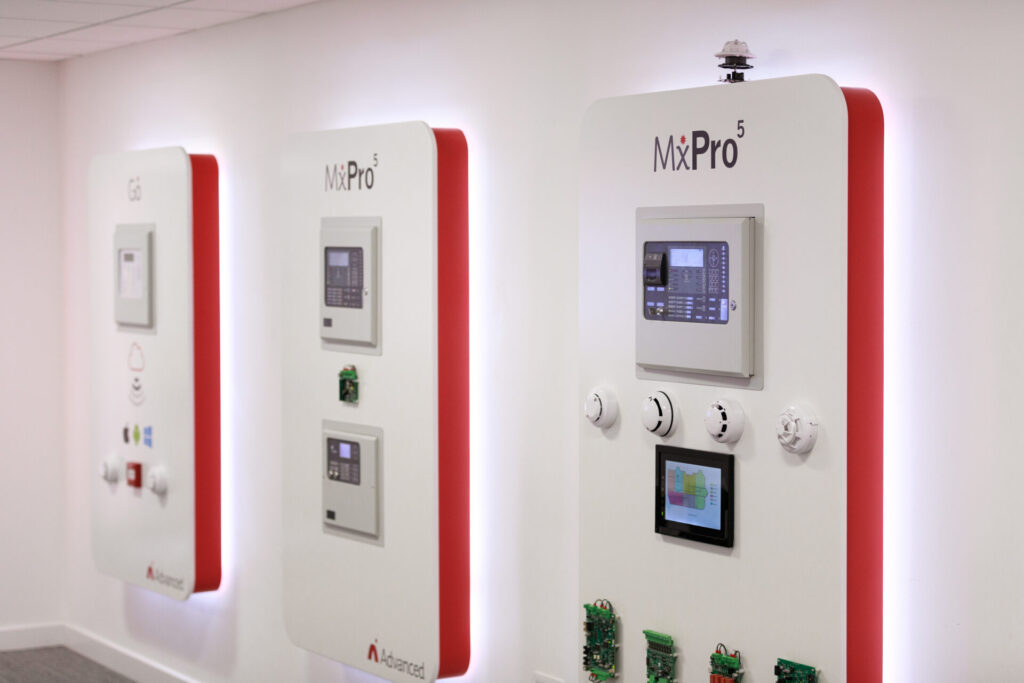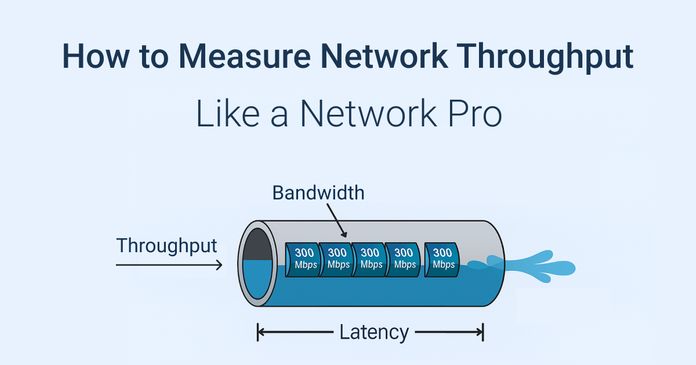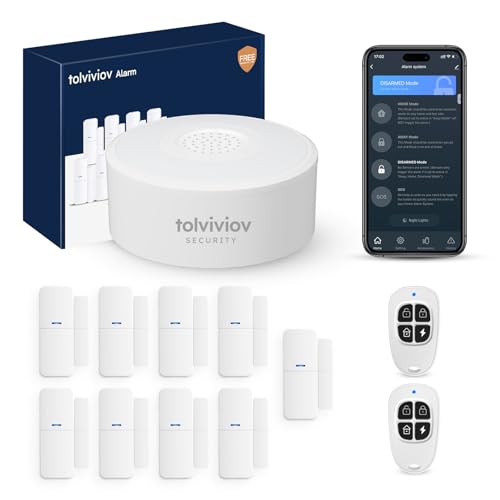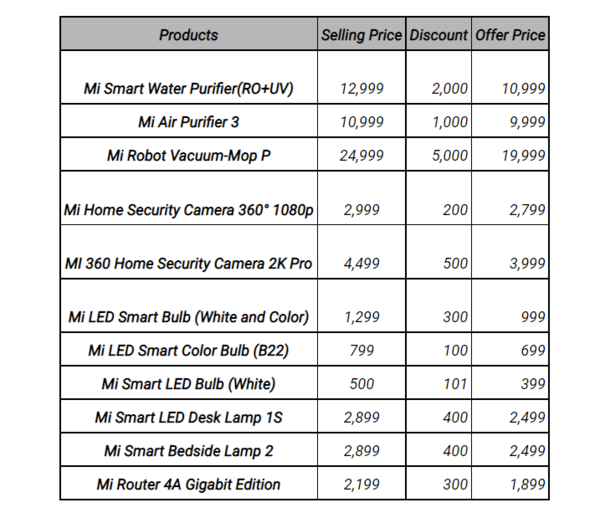When it comes to choosing your internet connection, you want the fastest, most reliable option that fits your needs. But how do you decide between fiber and cable internet?
You might have heard both are good, but which one truly gives you the best experience for streaming, gaming, or working from home? This article will clear up the confusion and help you make a smart choice. Keep reading to discover which internet type matches your lifestyle and why it matters for your daily online activities.
Credit: medium.com
Fiber Internet Basics
Fiber internet uses thin glass or plastic fibers to send data. It carries information as light signals instead of electricity.
This technology offers very fast and reliable internet connections. It is different from cable internet, which uses copper wires.
How Fiber Works
Fiber internet sends data using light through tiny fibers. These fibers are bundled together to form cables.
Light signals travel quickly and can cover long distances without losing strength. Special devices convert light into data your devices can use.
- Data is turned into light pulses
- Light travels through fiber cables
- Signals are converted back to data
- Data reaches your computer or phone
Benefits Of Fiber
Fiber internet offers many benefits over other types of connections. It provides faster speeds and better reliability.
It can handle more data at once and is less affected by weather or electrical interference. This makes it great for streaming, gaming, and working online.
- Very fast download and upload speeds
- Stable and reliable connection
- Less signal loss over long distances
- Works well with many devices at once
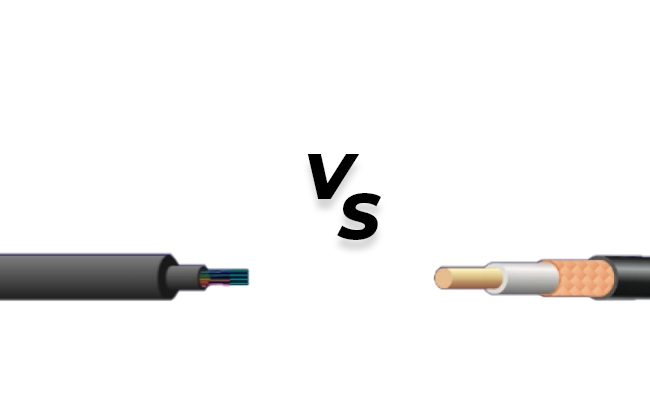
Credit: reolink.com
Cable Internet Essentials
Cable internet is a popular choice for many homes. It uses the same wires that deliver cable TV.
This type of internet offers fast speeds and reliable service for everyday use. It works well for streaming, browsing, and gaming.
How Cable Works
Cable internet sends data through coaxial cables. These cables are thick wires that carry signals from your provider to your home.
The signal travels from a central hub to your house. A modem then changes the signal to internet you can use.
- Uses coaxial cables shared by many users
- Modem connects the cable line to your devices
- Data travels in both directions for uploads and downloads
Advantages Of Cable
Cable internet offers several benefits. It is widely available and easy to set up.
It provides fast speeds that support most online activities at home. Cable internet is also stable and less affected by weather.
- High speed for streaming and gaming
- Broad availability in urban and suburban areas
- Stable connection with less downtime
- Works well with many devices at once
Speed Comparison
Fiber and cable internet are two common types of connections. They both offer fast speeds but differ in how they deliver data.
Understanding their speed differences helps you choose the right one for your needs.
Download And Upload Rates
Download speed is how fast you get data from the internet. Upload speed is how fast you send data out.
Fiber internet usually has faster download and upload speeds than cable. This means you can download files and send videos quicker.
| Type | Typical Download Speed | Typical Upload Speed |
|---|---|---|
| Fiber | Up to 1 Gbps or higher | Up to 1 Gbps or higher |
| Cable | Up to 500 Mbps | Up to 50 Mbps |
Latency And Performance
Latency means the delay before data starts to transfer. Lower latency means better performance, especially for games and video calls.
Fiber internet usually has lower latency than cable. This leads to smoother experiences with less lag.
- Fiber offers more stable connections
- Cable can slow down during busy times
- Fiber works better for high-demand tasks
Reliability Factors
Choosing between fiber and cable internet means looking at how reliable each option is. Reliability depends on how steady the connection stays and how it handles outside problems.
Understanding these factors helps you pick the best internet for your needs.
Network Stability
Network stability shows how well your internet keeps working without interruptions. Fiber internet uses light signals in glass cables. This makes it very stable and less likely to lose signal.
Cable internet sends data through copper wires. It can face interference from other electronics or heavy use by many people at once. This can cause slower speeds or drops.
- Fiber has consistent speed and low chance of interruptions.
- Cable can slow down during busy hours.
- Fiber handles data traffic better than cable.
Impact Of Weather And Physical Damage
Weather and damage to cables affect internet reliability. Fiber cables are usually buried underground or placed in protective tubes. This protects them from weather like rain, wind, or snow.
Cable wires often run above ground and near poles. They can get damaged by storms, falling branches, or accidents. This may cause longer outages or slower fixes.
- Fiber is less affected by weather and physical damage.
- Cable wires are more exposed to storms and accidents.
- Repairs on fiber lines can be faster due to modern tech.
Cost And Availability
Fiber and cable internet are popular choices for home internet. They differ in price and where you can get them.
Understanding these differences helps you pick the right internet for your needs and budget.
Pricing Differences
Fiber internet usually costs more than cable internet at first. The installation can be higher because fiber needs new lines.
Cable internet is often cheaper and has more plans to choose from. It uses existing cable TV lines, so setup costs less.
- Fiber plans often start at higher prices.
- Cable offers affordable plans for basic use.
- Fiber may have fewer price options than cable.
- Cable internet can have extra fees for equipment.
Service Coverage Areas
Fiber internet is not available everywhere. It mostly serves cities and new developments.
Cable internet covers more places. It works well in towns and suburbs where cable TV lines exist.
- Fiber is common in big cities and some suburbs.
- Cable is widely available, even in rural areas.
- Fiber is expanding but slower than cable.
- Cable networks use older lines found in many homes.
Choosing The Right Option
Choosing between fiber and cable internet depends on what you need. Both offer fast internet but work differently.
Understanding your usage helps pick the best internet for your home or office.
User Needs And Usage Patterns
Think about how many people use the internet at once. Fiber usually handles many users better.
If you watch videos or play games often, a fast and stable connection is important.
- Fiber offers higher speeds for streaming and gaming
- Cable is good for everyday browsing and video calls
- Large households benefit from fiber’s consistent speeds
- Smaller homes might find cable sufficient and cost-effective
Future-proofing Your Connection
Internet needs grow over time. Fiber internet can handle faster speeds as technology improves.
Cable internet may slow down if many users share the network, especially in busy areas.
- Fiber supports higher speeds for many years
- Cable may require upgrades to keep up with demand
- Fiber is better for smart homes and multiple devices
- Choosing fiber can avoid early replacement costs

Credit: www.wolontek.com
Frequently Asked Questions
What Are The Main Differences Between Fiber And Cable Internet?
Fiber internet uses light to transmit data, offering faster speeds and more reliability. Cable internet relies on electrical signals through coaxial cables, which can be slower and less stable. Fiber is ideal for high-speed needs, while cable can be sufficient for general usage.
Is Fiber Internet Faster Than Cable Internet?
Yes, fiber internet is generally faster than cable. It can deliver speeds up to 1 Gbps or more. Cable speeds vary and may slow during peak usage times. Fiber’s consistent speeds make it ideal for streaming, gaming, and multiple users.
How Does Fiber Internet Improve Reliability?
Fiber internet is less prone to weather and electromagnetic interference. Its infrastructure is more modern and robust, providing consistent connections. Fiber is ideal for users needing reliable and uninterrupted service. This makes it a preferred choice for businesses and heavy internet users.
Which Is More Cost-effective: Fiber Or Cable Internet?
Cable internet is generally more affordable than fiber. However, fiber offers better long-term value with higher speeds and reliability. Costs vary by location and provider, so compare options. Consider your internet needs and budget when deciding.
Conclusion
Choosing between fiber and cable internet depends on your needs. Fiber offers faster speeds and better reliability. Cable is often more available and can be less expensive. Think about how you use the internet every day. For streaming, gaming, or working from home, speed matters.
For casual browsing, cable might be enough. Both options have pros and cons to consider. The best choice fits your budget and internet habits. Take your time before deciding. Good internet makes a big difference.
14 min read

